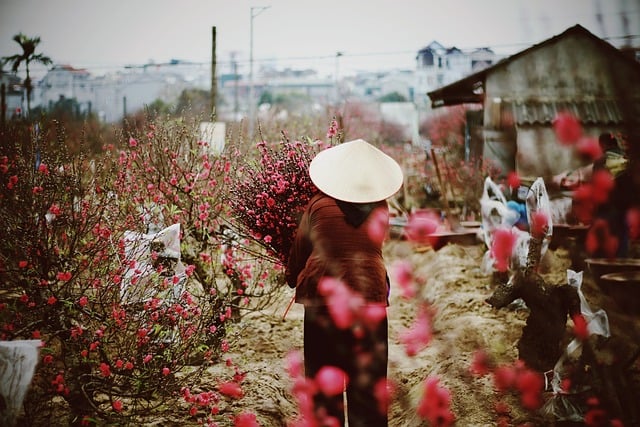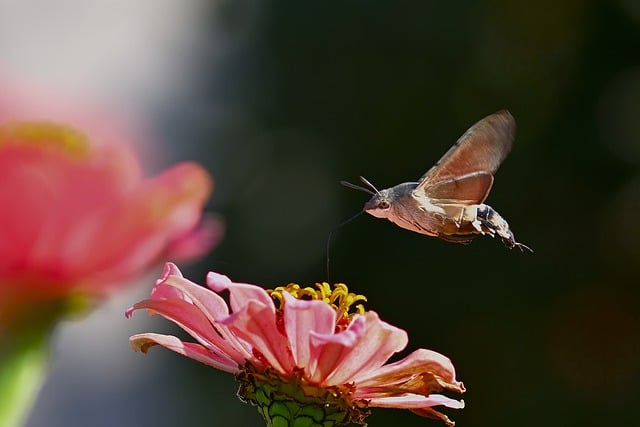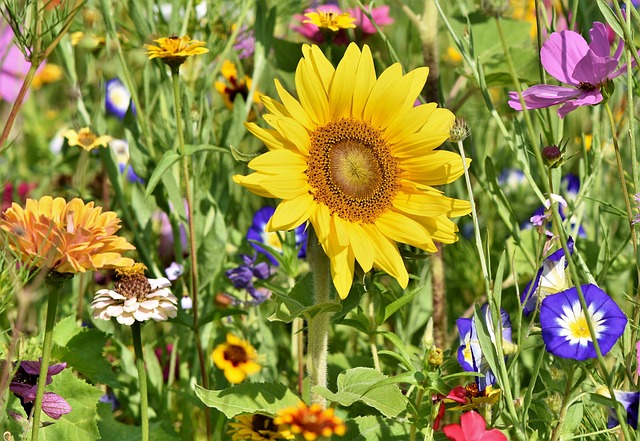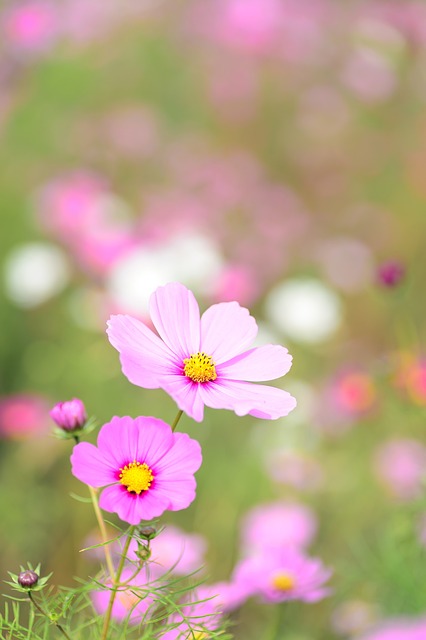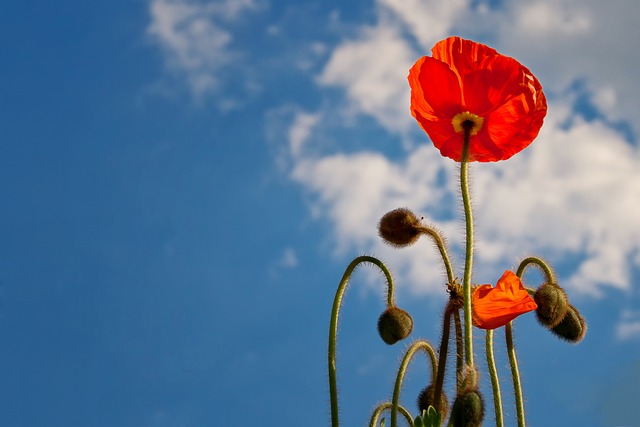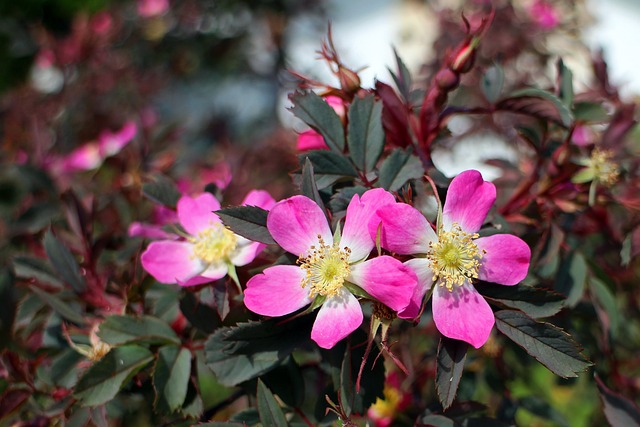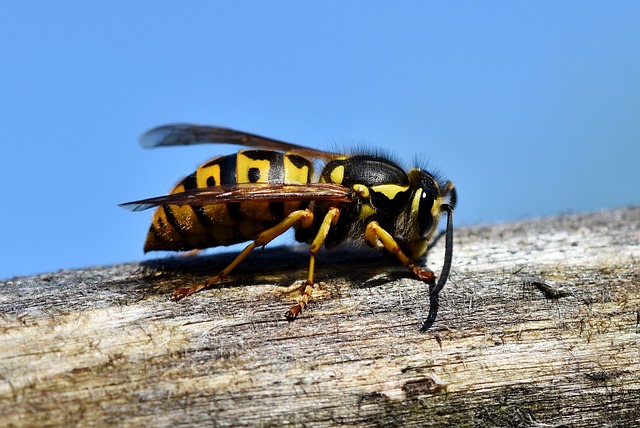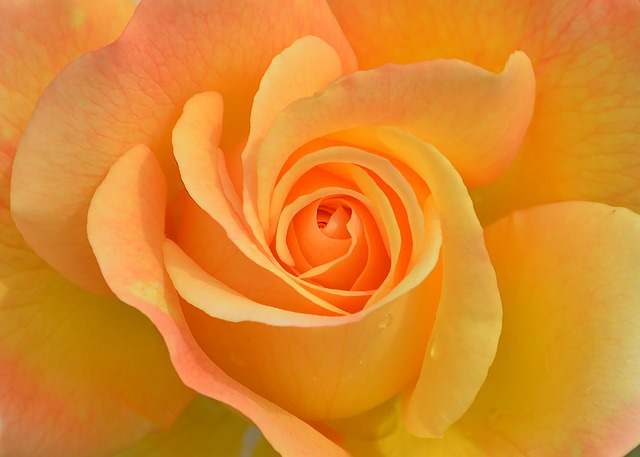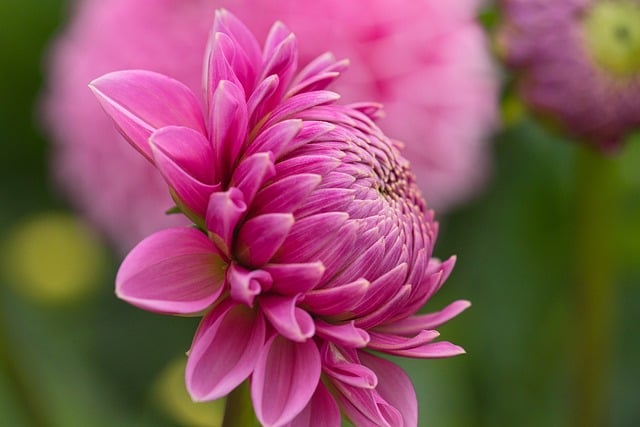
Many people select organic gardening to avoid using pesticides or commercial fertilizers on their garden for fear of long-term damage to their health and the environment. A lot of techniques for organic horticulture actually don’t cost a lot of money. To begin your journey into the world of organic gardening, follow these tips.
Clay Soil
Clay is naturally hard, and can can stick to a shovel making it frustrating to work with. Take the hard work out of using a shovel in clay soil by rubbing a light coat of car or floor wax over the surface with a clean cloth and buff the surface. The wax will enable the clay soil to simply slide off the shovel, and will also prevent the shovel from rusting.
Your tool handles can easily be used as handy rulers. You can use shovels or rakes as measuring sticks. After laying the handles on the floor, run the measuring tape along beside them. A permanent marker can be used to label distances. Now when you go garden the next time, you’ll have a giant ruler at your command.
Plant perennials that slugs and snails won’t be interested in eating. These creatures can wreak havoc on a garden in a short time. Young plants with susceptible leaves are favorite meals for slugs, including those with smoother or thinner leaves. Others, though, are disliked by slugs and snails. Those with rough leaves or an unappetizing taste will be less desired by slugs and snails. Excellent varieties include heuchera, achillea, euphorbia, campanula, and helleborus.
If your plants have a powdery mildew, don’t use expensive chemicals on them. Mix a little liquid soap and baking soda in water. Spray this on the plants once per week until that mildew goes away. This mixture will not hurt your plants and it will eliminate the mildew slowly but efficiently.
Try to ensure your plants are dry and have enough air, daily! Damp leaves can lead to plant disease and parasites. An example of a common plant parasite is fungi. Be sure to prevent the growth of fungus with a spray that will inhibit their growth.
There are several all-natural ways to keep pests out of your garden, including certain plants. A border of marigolds or onions around your veggies can prevent slugs. Wood ash can be used as mulch, and if put on the base of shrub and tree seedlings, will keep insects away. Natural materials and plants can be just as effective as chemical pesticides at keeping unwanted visitors out of your garden!
Pest Control
Pest control can be very difficult when dealing with a vegetable garden. While chemicals can help with pest control, you should avoid using overly harsh ones, as veggies you grow in your garden are meant for eating. The key to keeping garden pests at bay is to be relentless. If you catch them early, you can take them off the plants by hand.
Scent the grass around your garden with old perfume or discarded aftershave to prevent your dog from wandering into your garden. This can make scents that dogs are attracted to, and make your garden less interesting in general for pets.
If you’re growing plants indoors, keep your thermostat around 65 or 75 degrees daily. Indoor plants grow best at these warm temperatures. Another option is the use heat lamps that will protect your organic plants.
Go slowly as you plant the seeds. You should start by moisturizing the soil. Plant the seeds evenly to ensure that they have ample room to grow. Seeds need to be buried as deep as three times the seed size. Some seeds should not be buried at all as they need light to grow.
The optimal amount of organic mulch to use in your flower beds is 2-3 inches. This practice is an easy way to discourage weeds, retain moisture, and add valuable nutrients to your garden. Mulch also completes your garden, giving it a finished appearance.
Enhance your property value and beauty with gardening and landscaping. Landscaping is a cheap way to really increase the value of your property. Some plant investments can raise your resale value by 20% or more. Put plants in your front yard as well as your garden that need low moisture, and are ideal for the environmental conditions that you face.
Use equal parts of green and dried plant material in your compost pile. Your green material can be made up of produce waste, used floral arrangements, lawn cuttings, leaves, and other yard waste. The leaves you rake in the fall, straw, sawdust and the like are dry material. Avoid using ashes, charcoal, diseased plants and meat-eating animal manure.
A good general rule when planting your seeds into containers is that the depth of the planting should be about three times the size of the seed. There are exceptions to this rule, however. Some seeds should remain uncovered because they thrive in direct sunlight. Petunias and ageratum are two examples of seeds that require sunlight. If you do now know how to plant your seed, consult the information that came with the seed when you bought it or check online for helpful information.
Take the season and weather conditions into account when determining how much water to give your plants. Other factors that influence how much you need to water include time of day, soil factors and how hard your water is. For instance, if you are in a warm and humid climate, avoid getting any water on the leaves because this will cause leaf fungus. A better method is to water the root system only.
If you follow these advice on organic gardening, you will be able to have a productive, toxic-free, healthy garden in the future. You might actually notice more wildlife in and around your garden due to your natural gardening methods.
